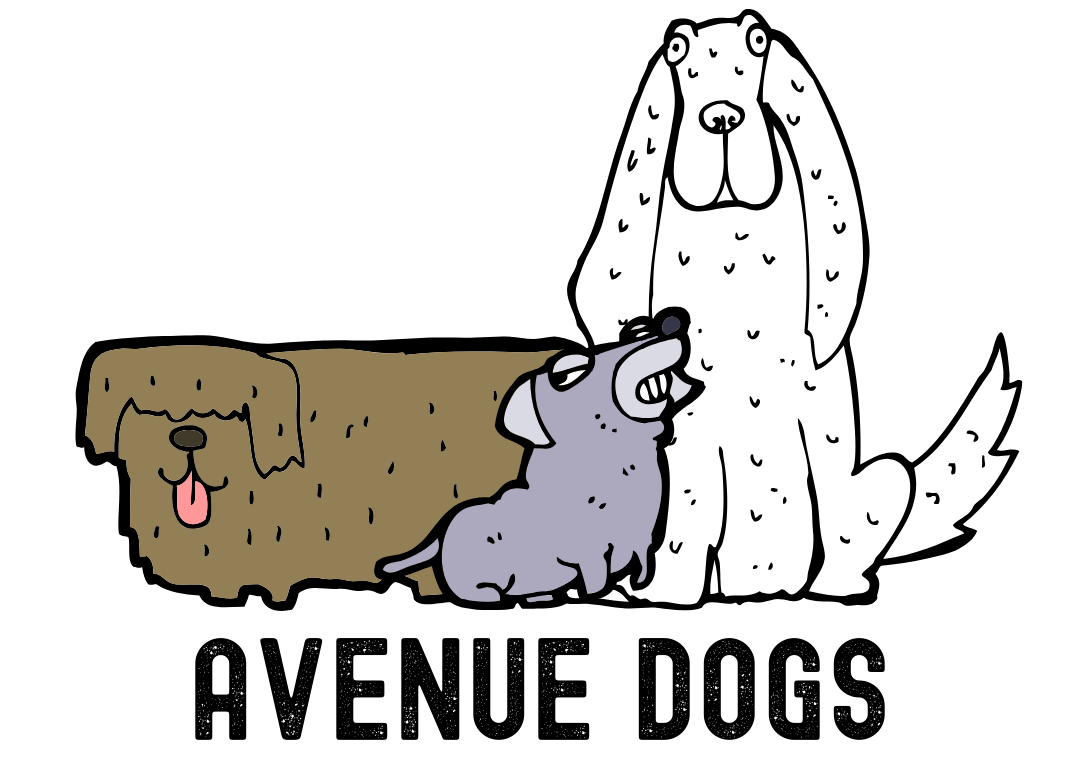


If you have adopted a new puppy, you may be asking yourself, “why is my puppy breathing fast while sleeping”. Puppies are different from their parents when it comes to breathing. The normal breathing rate of an adult dog is 10 to 30 times a minute. But puppies are a different story.
Your puppy will normally breathe 15 to 40 breaths per minute (bpm), which is quite significant. This enhanced breathing rate makes pet parents worried about the health of their newly adopted friends. Puppies usually whine and act their dreams to make their pet parents even more conscious of the heavy breathing.
Just because faster breathing in pups is normal, it doesn’t mean that you shouldn’t be concerned if the breathing pattern is different. Many times, an underlying disease or medical issue makes your puppy breathe fast.
Read along to be able to answer “why is my puppy breathing fast while sleeping” with the in-depth knowledge of underlying causes.
How to Determine if a Puppy Breathing Fast While Sleeping is Normal or Not?
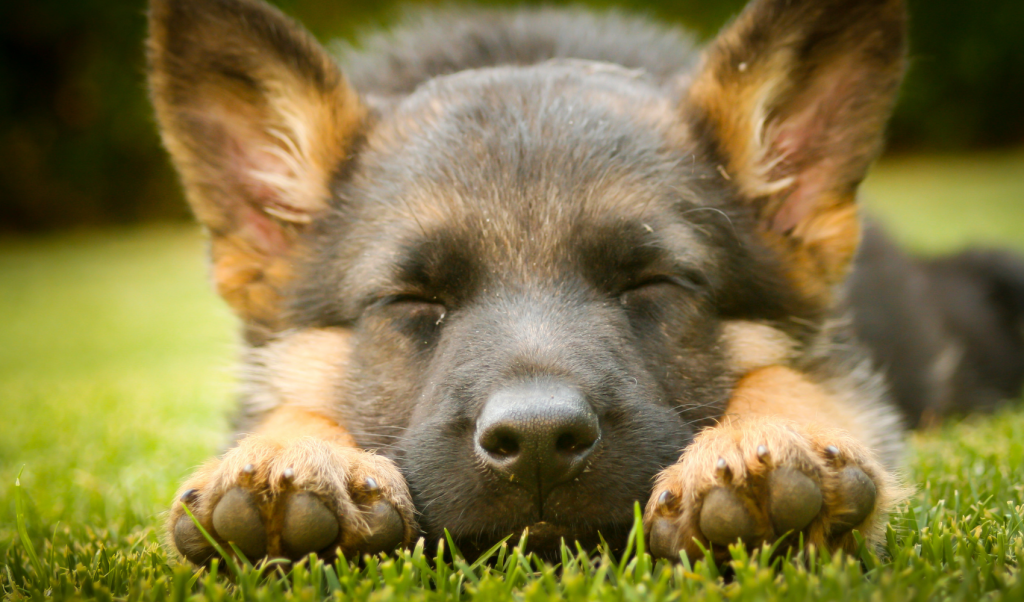


Puppies are exceptionally active; most of the time, they keep exploring the world around them even after they fall asleep. This can make things quite problematic when you want to determine their normal breathing pattern. To determine if a puppy is breathing fast while sleeping, one needs to count the normal breathing per minute.
Now that’s the real problem, a puppy seldom gets relaxed and calm, and you won’t have a lot of chances to count their breathing. But if you remain vigilant, you will get the moments when the puppy is calm, resting, and having normal breaths. Be careful to confirm that the puppy is not panting; there is no mouth open with tongue out.
When the mouth is shut and the puppy is not doing anything, now count the breathing by focusing on the chest movement. A complete breath is air going in and coming out, and the chest movement will reveal it for you. Count how many full breaths there are in one minute, and use that as a baseline average.
Answering the Question, “Why is my Puppy Breathing Fast While Sleeping?”
According to vets and experts, you must read about the diseases and issues that could cause problems with your puppy. Asking “why is my puppy breathing fast while sleeping” is the first step, and reading this blog is the second. The third step will be identifying the cause; the fourth one is, most important, consulting me or your vet.
Panting Doesn’t Count

Before worrying too much about your puppy breathing fast while sleeping, be sure not to discard normal panting as the answer. Puppies pant when they are tired from physical exertion, even in the early minutes of sleep.
Panting is when their mouth is open and they’re trying to get the maximum amount of air into their lungs. The tongue will be out, and the puppy will focus on breathing, usually after physical exercise. Hyperactive puppies keep doing this most of the time, even when they are at rest. Things become problematic when the puppy has been resting for some time, and the breathing count is still high.
If your puppy is simply panting heavily in the first few minutes of sleep, especially after physical exercise, this is normal and you shouldn’t be worried. If it goes on for more than 10 minutes or so, keep reading.
Brachycephalic Dogs Breeds

If you have a puppy from a brachycephalic dog breed (aka a flat-faced dog), be prepared for a lot of heavy breathing. These dogs have small snouts and short faces. The most common names of brachycephalic dog breeds are pugs, Boston terriers, and English bulldogs. More breeds and more names can be categorized as brachycephalic dog breeds.
According to experts, these dogs are prone to overheat after exercise and running. When you play with the puppy of this breed, the puppy will try to regulate its body temperature and pant more. Puppies go to sleep at odd times and at any place they can. A tired puppy will pant more and will make you worried.
Brachycephalic dog breeds tend to breathe heavily, even while sleeping. If you think your brachycephalic pup’s breathing is heavier than it should be, take a video of it sleeping, and use the Fiverr contact form at the end of this blog to contact me. I can look at the video and let you know if you should be worried or if the fast breathing is normal for your breed of dog.
Anxiety or Depression
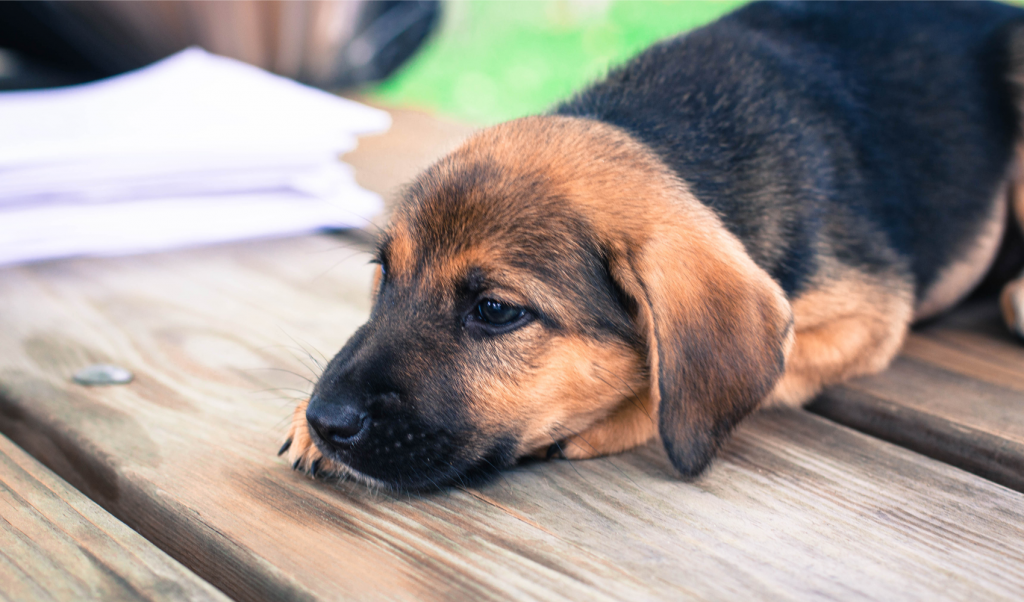


When you separate the puppy from the mother without taking corrective measures, the puppy will suffer from separation anxiety. When you adopt a puppy from an experienced breeder, the chance of this anxiety lowers to a bare minimum. Experienced breeders know that the human touch is extremely necessary for the dog’s mental health at an early age.
The breeders keep the newborn in their hands for a while and then place the back with their mother. It helps them get accustomed to human touch, and when their mother is not around, the human touch soothes them and makes them feel safe.
Puppies that have not been separated from their mother properly may have anxiety or depression. This may be the cause of their heavy breathing while they sleep. Take a video of the heavy breathing and either contact me below with it or bring the video to your vet so that they can determine if this is the issue.
Fear
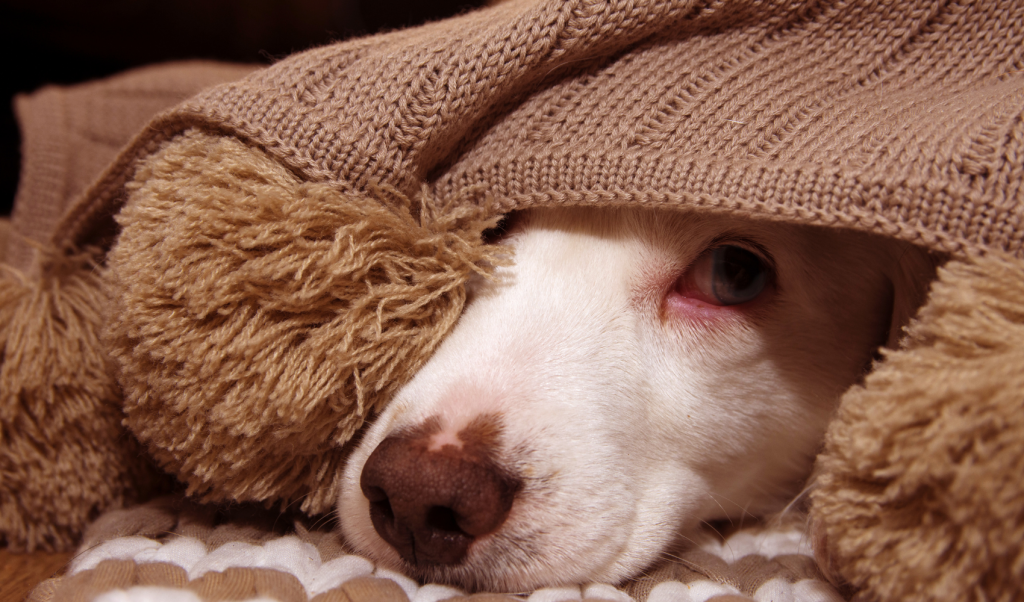


A puppy could get afraid of change in the environment, a new pet, or strange sounds. When you bring a new puppy home, wait until it gets accustomed to the environment before bringing another pet. Sometimes the puppy gets afraid of other people or pets already living in the house.
The best move is to keep the puppy in a separate place and allow everyone to start to get to know it, slowly. Allow the puppy to explore the area where you want to allow them. Keep the sounds low and remove any of the factors causing fear. The puppy may whine in the presence of other pets or people. This is your cue to remove that factor or thing from your surroundings.
This fear could also last into nap time. This could cause your new puppy nightmares, which could be the cause of its heavy breathing. Gently pet the puppy to quiet and relax it, and see if the breathing doesn’t return to normal.
Dyspnea or Labored Breath

When the puppy uses stomach muscles to fight and get air, it is called labored breathing. According to experts, when the pup is struggling to get air, it could be because of a pathological disorder. Some symptoms to look out for if your pup is struggling with dyspnea, in addition to your puppy breathing fast while sleeping, would be:
- Exhaustion after mild exercise
- Abnormally stretching out the neck to make breathing easier
- Uncontrollable coughing or gagging at night
- A breathing rate of more than 40 breaths per minute (bpm)
- Raspy breathing
- A change in the tone of their bark
- Heavy panting without any exercise
- Gums have a blue tinge to them
- Their stomach is doing more work that their chest when they breathe
- Foaming at the mouth
If you notice any of these symptoms, in addition to your puppy breathing fast while sleeping, you shouldn’t wait for this condition to get normal. Go to the vet immediately and get your puppy checked for underlying causes.
Tachypnea or Rapid Breath

This is something serious when you cannot relate the puppy’s rapid breathing while asleep with any of the above-mentioned scenarios. Vets and experts call it Tachypnea, and there could be any of the following severe issues that cause this:
- Heart Disease
- Lung Disease
- Brain Damage
- Genetic issue
If your dog is constantly breathing rapidly, especially if it’s been at rest for a long time, you will definitely want to take it to the vet as soon as you can.
We Hope we Answered Your “Why is my Puppy Breathing Fast While Sleeping” Concerns
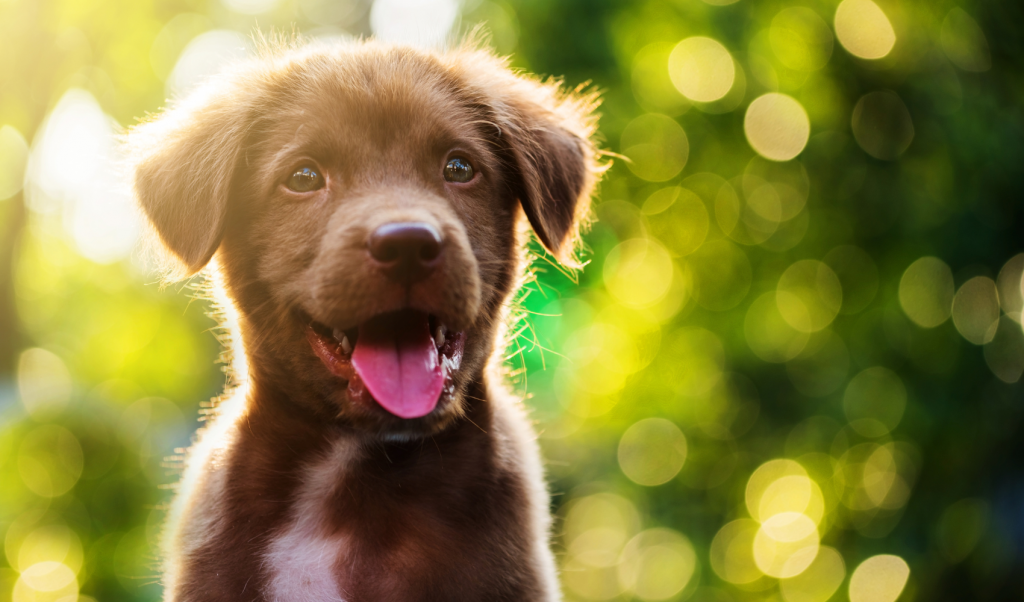


If you find yourself asking “why is my puppy breathing fast while sleeping”, you are a concerned pet parent and that’s a good thing. Your care and efforts will give you a great adult dog that will fulfill your life with joy and happiness.
But in early childhood, anxiety, lung issues, and heart disease can affect the pup’s longevity and quality of life. You must identify if the heavy breathing while sleeping is normal or abnormal behavior.
If you’d like to take a quick video of your puppy breathing fast while sleeping, you can send it to me through my Fiverr account below. I can let you know if this is normal behavior, or if you should get your pup to the vet as soon as possible.
(Keep in mind: Avenue Dogs is reader-supported. When you buy through links on our site, we may earn an affiliate commission (with no additional cost to you)).
Related posts:



Dr Saba Afzal is a clinical veterinarian and a professional content writer. I am determined to disseminate ideas worth spreading to pet owners everywhere around the world. As an experienced veterinarian, I am dedicated to delivering accurate and updated knowledge to pet owners
I have more than five years of experience in content writing on different online platforms, including Fiverr, Upwork, and Guru. My expertise is in Microbiology, Biotechnology, Pets Animal Management and handling, and training. You will find my content truly fascinating, unique, and compatible with the world’s standards. I always write original content without any plagiarism and taking care of any grammatical errors.
I will be happy to address your queries and comments. Contact me here
